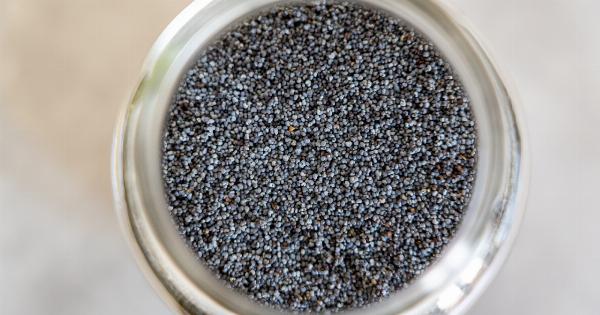It is a well-known fact that our eating habits play a crucial role in determining our health and well-being. What we eat and how we eat it has a direct impact on our nutrient intake and ultimately our health.
Poor eating habits such as overeating, skipping meals, and consuming processed and junk foods can lead to a reduction in the intake of essential nutrients that our body requires to stay healthy and function properly.
Overeating
Overeating is one of the most common bad eating habits that people have. It is not just about eating too much but also about consuming too many unhealthy foods that don’t provide the necessary nutrients that our body needs.
Overeating leads to weight gain, and obesity which increases the risk of developing chronic diseases such as diabetes, heart disease, and certain cancers. Overeating also leads to a reduction in the intake of essential nutrients, as it tends to fill our stomach with empty calories from unhealthy foods instead of nutrient-dense foods.
Skipping Meals
Another bad eating habit is skipping meals, especially breakfast. Skipping meals can lead to a decrease in the intake of essential nutrients, including vitamins, minerals, and antioxidants.
It is important to have a balanced meal that contains all the essential nutrients. Skipping meals may lead to overeating later in the day, leading to weight gain and an unbalanced diet.
Processed Foods
Processed foods, such as fast foods, snacks, and frozen meals, contain a lot of artificial additives, preservatives, and unhealthy ingredients like sugar, salt, and fats.
These processed foods are high in calories and low in essential nutrients, leading to an unbalanced diet and poor health outcomes. The consumption of processed foods should be limited, and replaced with fresh vegetables, fruits, whole grains, lean proteins, and healthy fats such as fish, nuts, and olive oil.
Junk Foods
Junk foods, such as chips, sweets, soft drinks, and baked goods, are high in calories, sugar, and unhealthy fats. These foods provide little to no nutrients, and can prevent the absorption of essential nutrients that our body requires.
The frequent consumption of junk foods leads to an unbalanced diet, which may lead to health problems such as obesity, diabetes, and heart disease.
Impact of Bad Eating Habits on Nutrient Intake
Bad eating habits have a direct impact on the intake of essential nutrients that our body requires.
The consumption of unhealthy foods leads to an unbalanced diet, which means that our body does not receive the necessary daily intake of essential nutrients such as vitamins, minerals, and antioxidants. A lack of these essential nutrients in our diet may lead to health problems such as poor vision, weak immune system, anemia, fatigue, muscle weakness, and skin problems.
For instance, a diet that is high in processed foods and low in fruits and vegetables may lead to a deficiency of vitamin C, which is essential for a healthy immune system, healthy skin, and eyesight.
A diet that is low in calcium, found in dairy products, and leafy greens, may lead to bone problems such as osteoporosis later in life. A diet low in iron may lead to anemia and muscle weakness, and a diet low in omega-3 fatty acids found in fish, nuts, and seeds may lead to heart disease.
Conclusion
It is essential to understand the effect of bad eating habits on our nutrient intake.
Poor eating habits such as overeating, skipping meals, consuming processed and junk foods, can lead to a lack of essential nutrients, which may lead to various health problems. It is important to have a balanced diet that contains all the essential nutrients to maintain good health and prevent chronic diseases.
Therefore, choosing healthy foods such as fruits, vegetables, lean meats, whole grains, and healthy fats should be our top priority.































